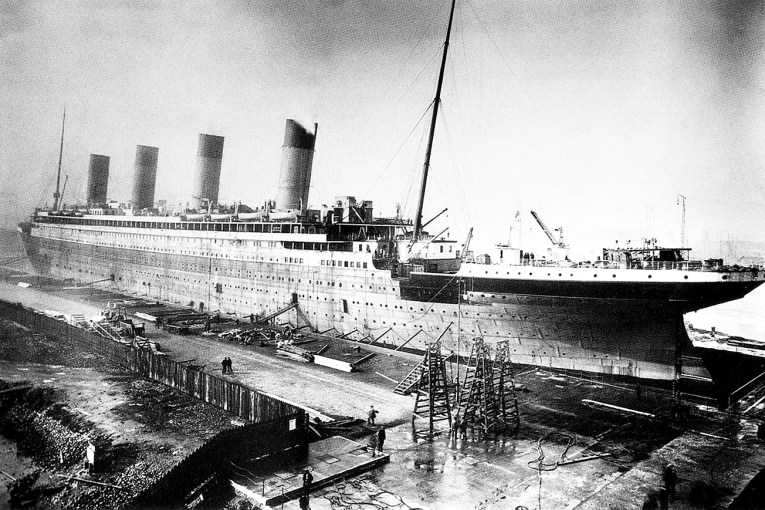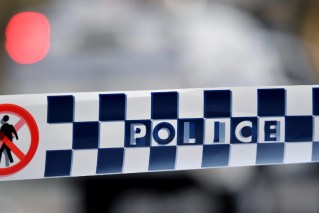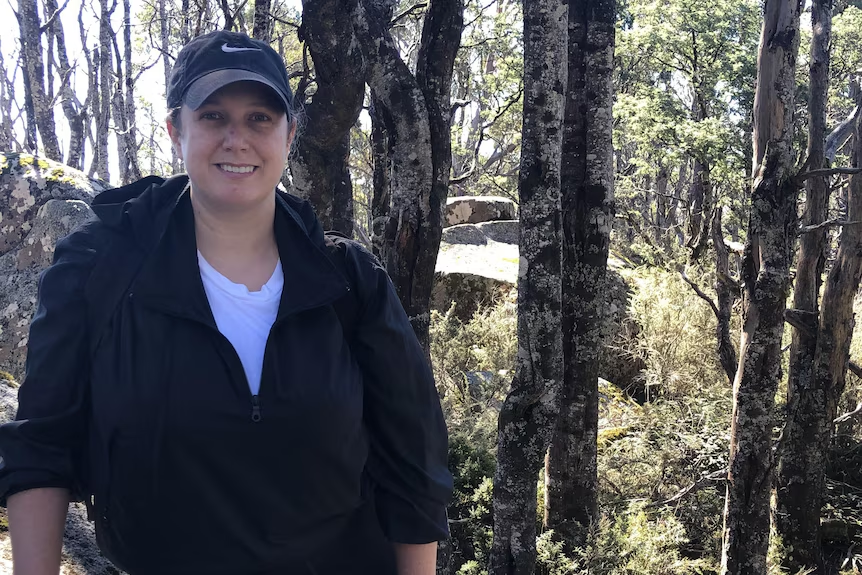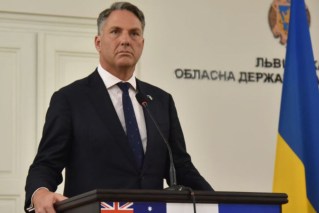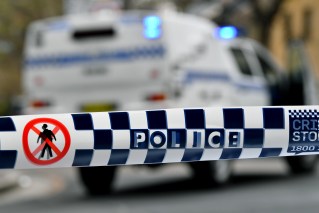24 hostages returned to Israel on first day of truce
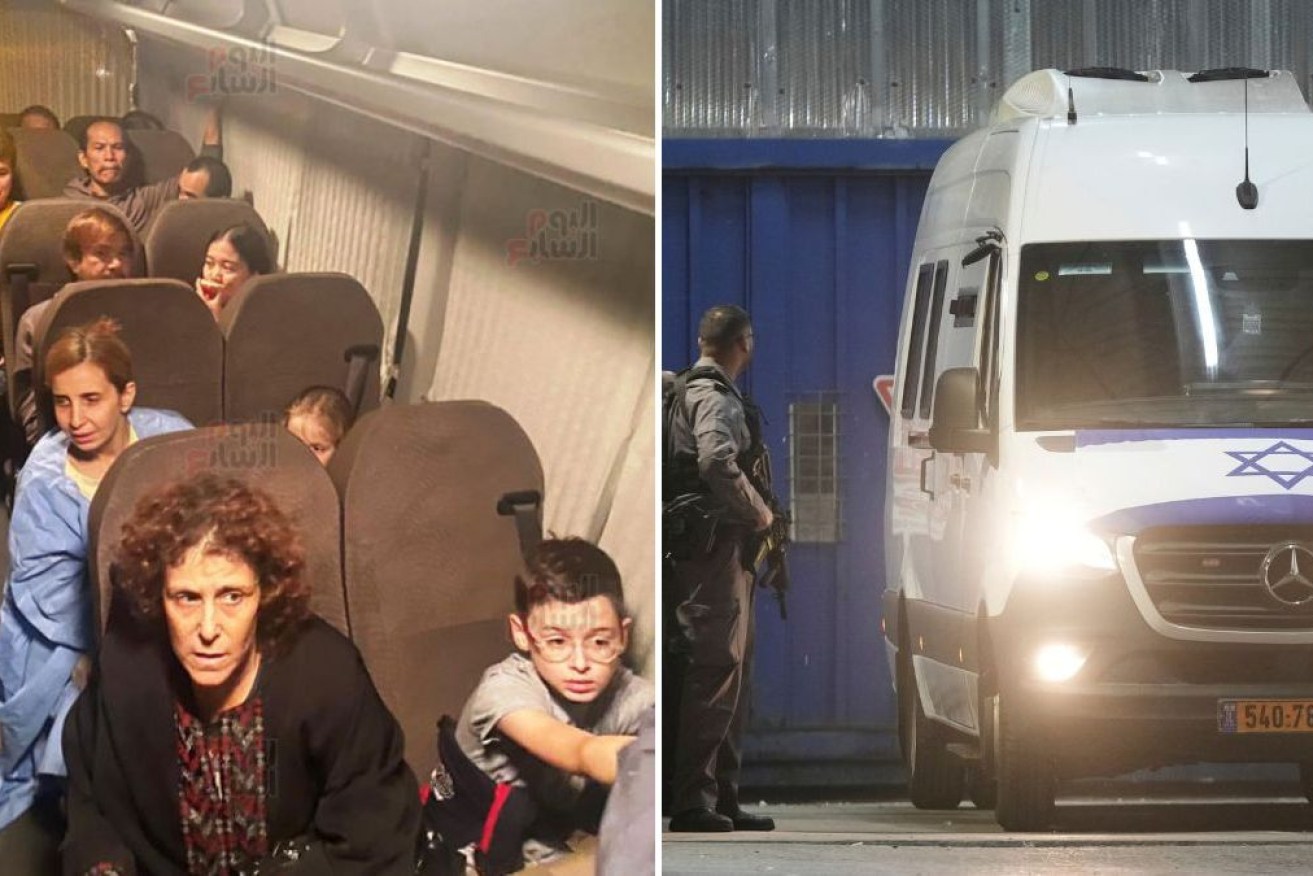
Israeli and Thai hostages on a bus during their release (left) and a bus holding Palestinian prisoners (right). Photo: Twitter/AAP
Four young children and elderly grandmothers are among the first Israeli hostages to return home after they were released early Saturday (AEDT) in an exchange deal with Hamas.
The Israel Defence Forces (ADF) said 24 hostages were back on Israeli soil and were in “good health”. They included 13 Israelis, plus 10 Thai nationals (farm workers) and a Filipino caregiver.
Israel Prison Service said 39 Palestinian women and minors were released in the swap, although there were reports of scuffles between Israeli forces and a crowd of Palestinians who had gathered outside the Ofer jail.
The transfer of hostages and prisoners came nine hours after guns fell silent for the first time in seven weeks on the first day of a four-day truce.
The temporary ceasefire between Israeli and Hamas forces took hold in the Gaza Strip at 7am (3pm AEDT) on Friday, the first respite in 48 days of conflict that has devastated the Palestinian enclave.
Israel says the ceasefire could be extended beyond the initial four days if Hamas continues to release at least 10 hostages per day.
Israel released the names of the 13 nationals, among them mothers and their young children who were kidnapped from their kibbutz. They were:
- Doron Katz-Asher and her two daughters Raz, 5, and Aviv, 2
- Danielle Aloni, 44, and daughter Emilia, 5
- Keren Munder, 54, her son Ohad Munder-Zichri, 9, the boy’s grandmother Ruti, 78.
- Elderly women Yaffa Adar, 85, Adina Moshe, 72, Margalit Moses, 78, Hanna Katzir, 77, and Channah Peri, 79.
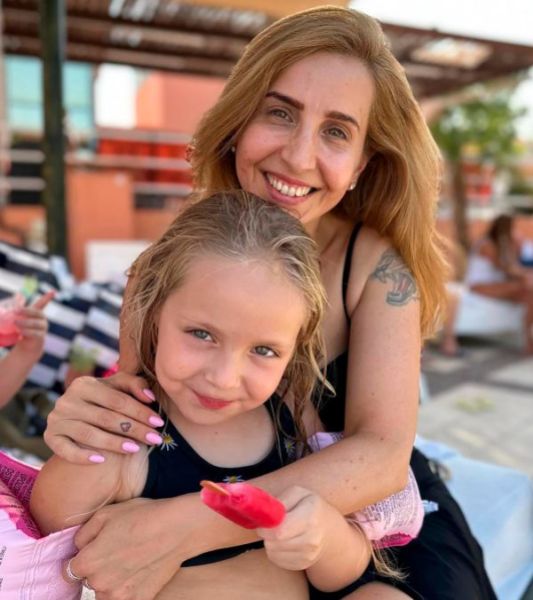
Danielle Aloni, 44, and daughter Emilia, 5, have been released. Photo: AAP
The Israeli military said the freed hostages had undergone an initial medical assessment inside Israeli territory.
They will continue to be accompanied by IDF soldiers as they make their way to Israeli hospitals, where they will be reunited with their families,” the military said.
Under the terms of the four-day Israel-Hamas truce, 50 women and children hostages are to be released over four days, in return for 150 Palestinian women and children among thousands of detainees in Israeli jails.
The office of Israel Prime Minister Benjamin Netanyahu released a statement: “The Israeli government embraces our citizens returning home.”
“The Israeli government is committed to the return of all abductees and missing persons.
“Our citizens underwent an initial medical examination and their families were informed by the appointed officials that they were back.”
‘Bittersweet’ homecoming
A senior adviser to the Israeli prime minister, Mark Regev, told the BBC the release of hostages was “bittersweet” as many Israelis were still captive in Gaza.
Some freed hostages would also be returning home to learn that loved ones had been killed in the October 7 attacks.
The swap was facilitated by the International Red Cross.
The Israeli hostages were transferred out of Gaza and handed over to Egyptian authorities at the Rafah border crossing, accompanied by eight staff members of the Red Cross in a four-car convoy.
Photos from inside the Israeli convoy were posted to social media by Egyptian journalists.
Tweet from @youm7
A source briefed on the negotiations said the release of the Thai workers, who were all men, was unrelated to the truce negotiations and followed a separate track of talks with Hamas mediated by Egypt and Qatar.
Thai Prime Minister Srettha Thavisin said in a social media post that 12 Thai workers had been freed, two more than the figure given by the Qataris.
No reason for the discrepancy was given.
Ceasefire takes effect
Earlier on Friday, combat between Israeli troops and Hamas fighters halted for the first time in seven weeks under the truce.
No big bombings, artillery strikes or rocket attacks were reported although Hamas and Israel both accused each other of sporadic shootings and other violations.
Both said the war would resume on full throttle as soon as the truce was over.
Additional aid is to flow into Gaza, which has been gripped by a humanitarian crisis under weeks of Israeli bombardment that has killed thousands of Palestinians.
Reuters journalists saw Israeli tanks moving away from the Gaza Strip at the northern end, and aid trucks rolling in from Egypt at the southern end.
There was no sound of Israeli air force activity above northern Gaza, nor any of the contrails typically left by Palestinian rocket fire.
In Khan Younis town in southern Gaza, housing thousands of families displaced from the north, streets filled with people venturing out of home and shelters.
Hamas confirmed that all hostilities from its forces would cease, but Abu Ubaida, spokesman for Hamas’s armed wing, stressed this was a “temporary truce” and called for an “escalation of the confrontation” on all fronts, including the Israeli-occupied West Bank.
The Israeli military also said fighting would resume soon.
“This will be a short pause, at the conclusion of which the war (and) fighting will continue with great might and will generate pressure for the return of more hostages,” Israeli Defence Minister Yoav Gallant said.
The Israeli military also told Palestinians not to try to return to homes in the northern part of Gaza, which it described as a “dangerous war zone”.
Israel launched its assault on Gaza after Hamas fighters burst across the border fence into southern Israel on October 7, killing 1200 people and seizing about 240 hostages, according to Israeli tallies.
Since then, Israel has rained bombs on the Hamas-ruled enclave, killing some 14,000 Gazans, about 40 per cent of them children, according to Palestinian health authorities.
Hundreds of thousands of Gaza’s 2.3 million people have fled their homes to escape the violence as conditions grew ever more desperate, with food, drinking water, fuel and other basic supplies running short.
Gaza residents on Friday said the Israelis had dropped leaflets warning people not to travel north and had fired over the heads of some people trying to get back into Gaza City.
Hamas-affiliated Palestinian Press Agency SAFA reported “intense shooting” by Israeli forces east of Khan Younis and Rafah.
Al-Jazeera reported that two Palestinians were killed and another was wounded by Israeli soldiers shooting at people who tried to return to the north.
Sirens sounded in two Israeli villages outside the southern Gaza Strip, warning of possible incoming Palestinian rockets.
An Israeli government spokesman said Hamas had fired rockets in violation of the truce but there were no reports of damage.
The temporary ceasefire came about amid international concern over the fate of the hostages and the plight of Palestinian civilians trapped in Gaza.
Israel has rejected calls for a full ceasefire as benefiting Hamas, a position backed by the United States.
Under the agreement, desperately needed aid began to be delivered to Gaza, with 60 trucks carrying aid had crossed from Egypt at the Rafah border point by midmorning, according to border authorities.
Egypt has said 130,000 litres of diesel and four trucks of gas will be delivered daily to Gaza and that 200 trucks of aid would enter Gaza daily.
